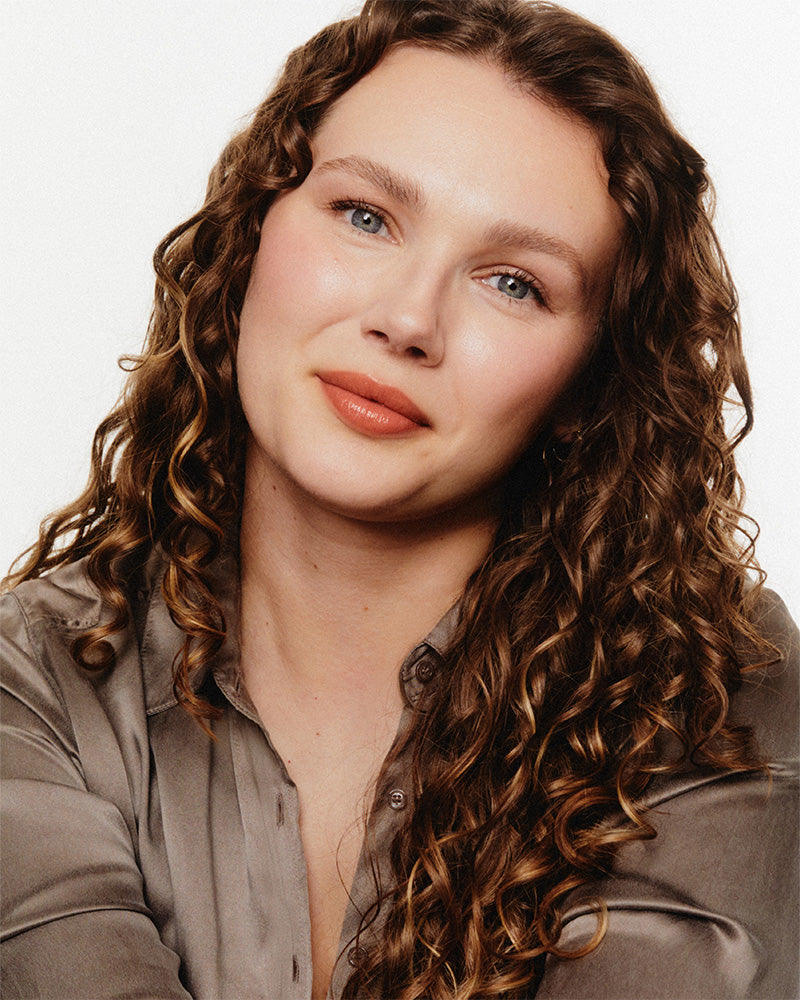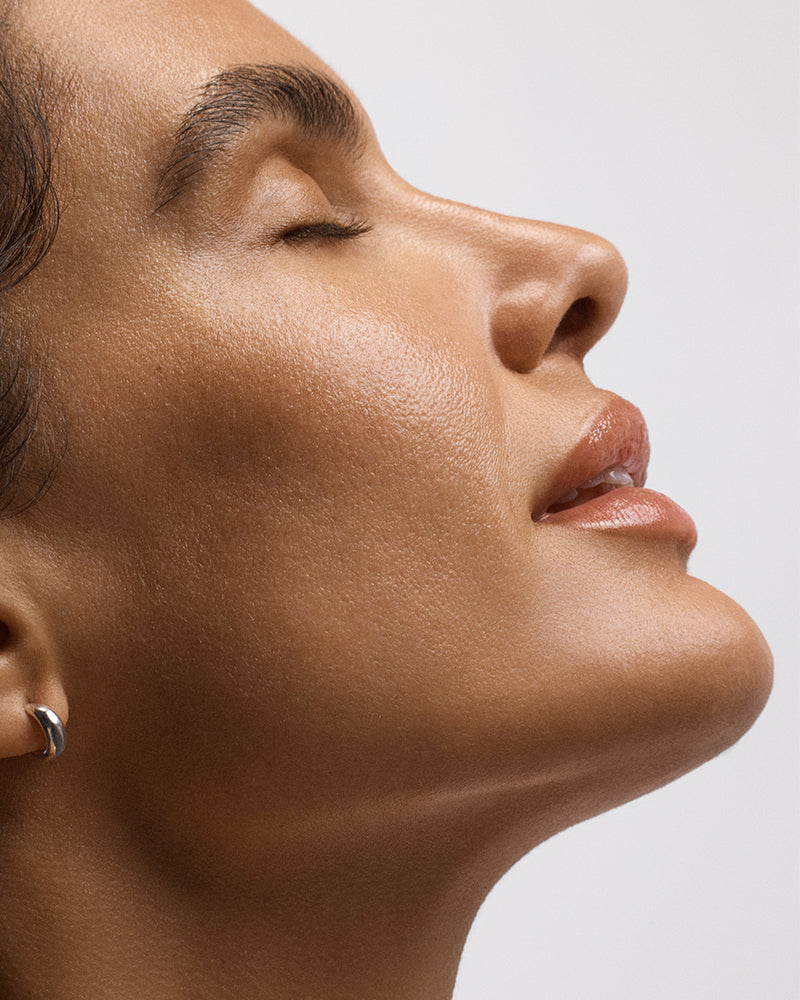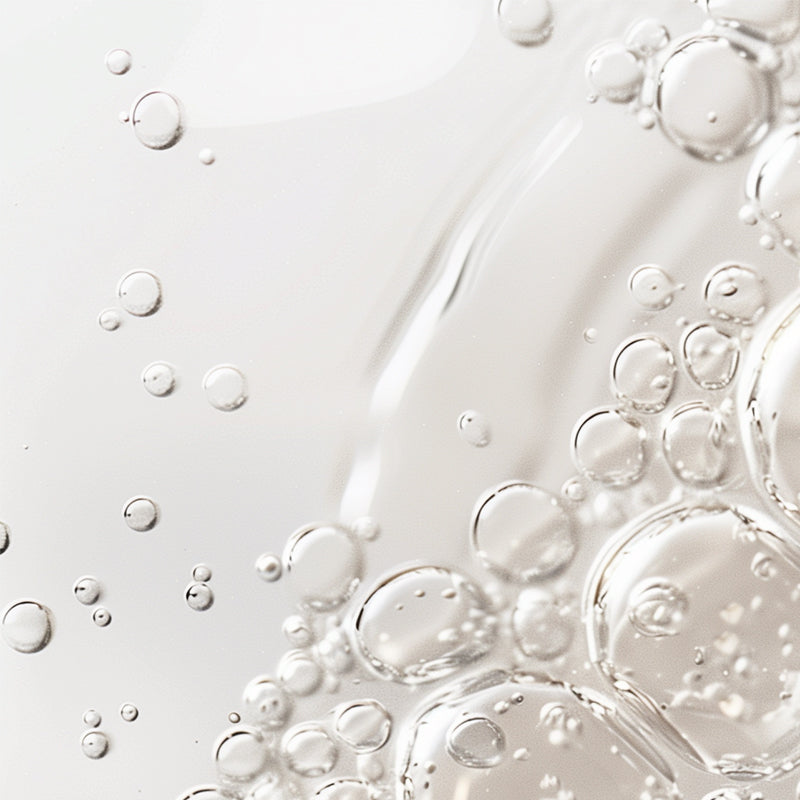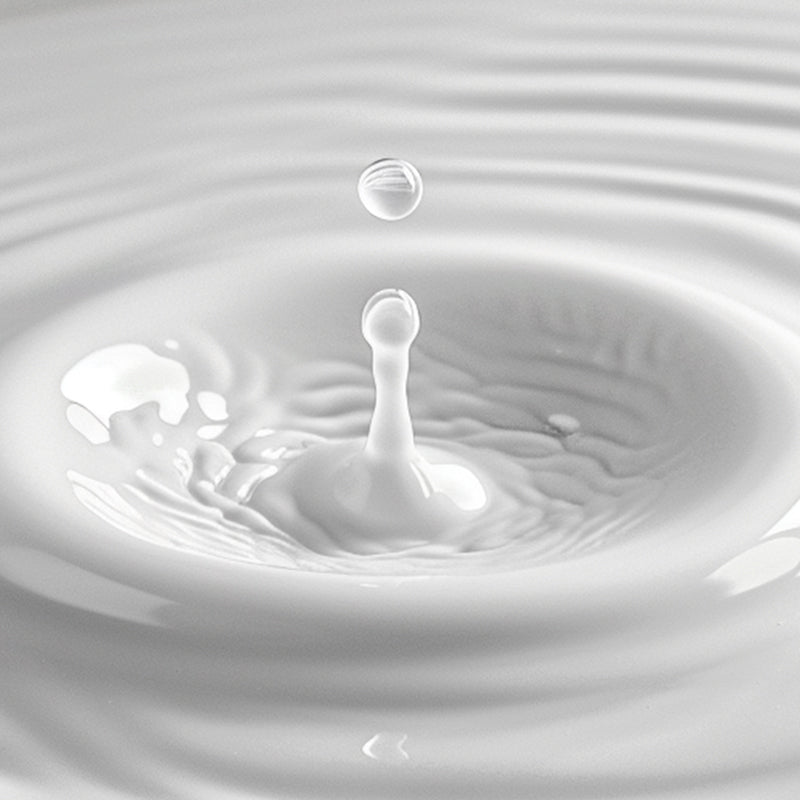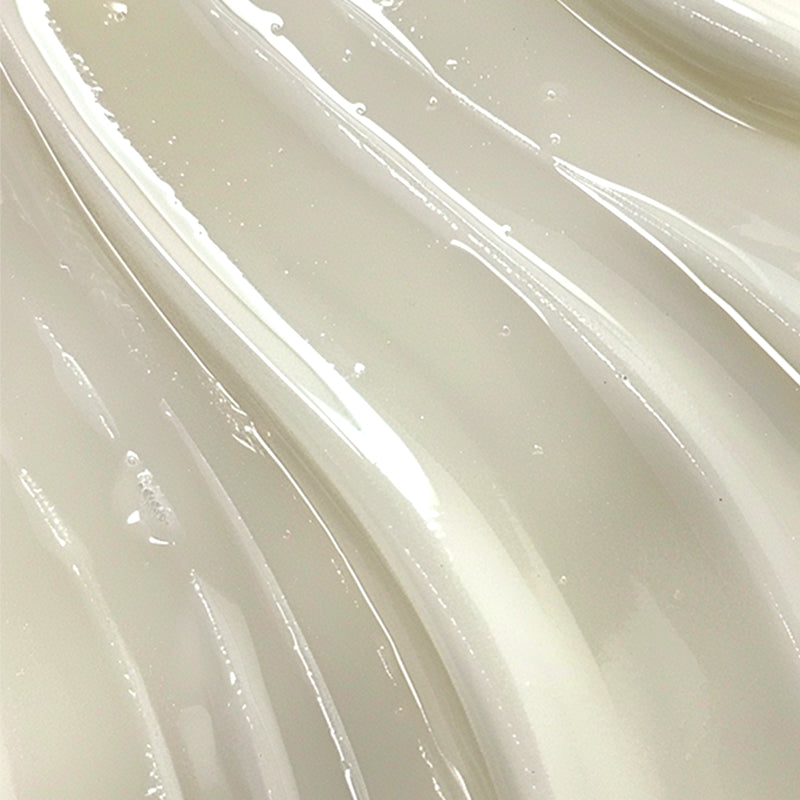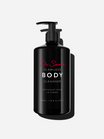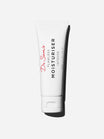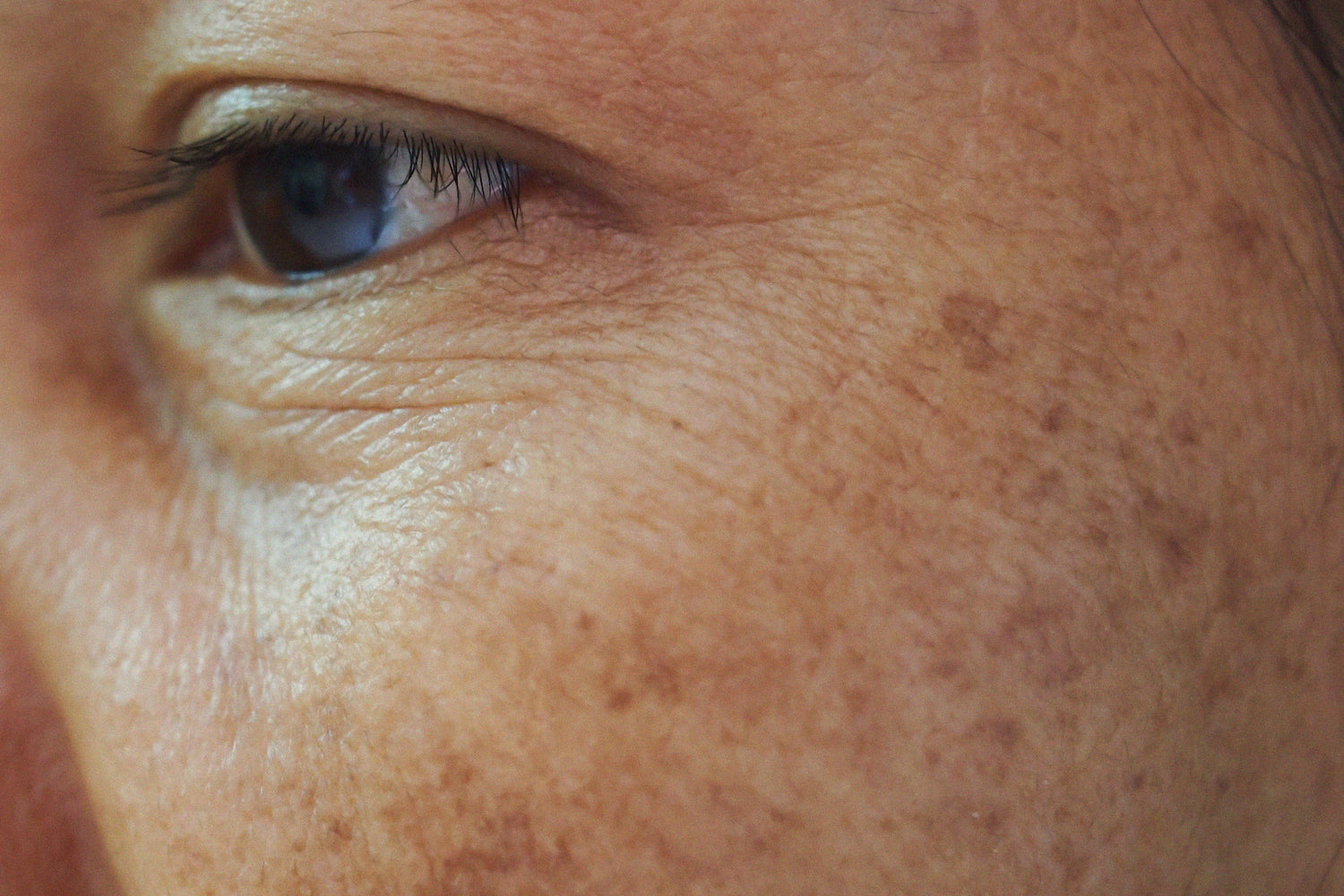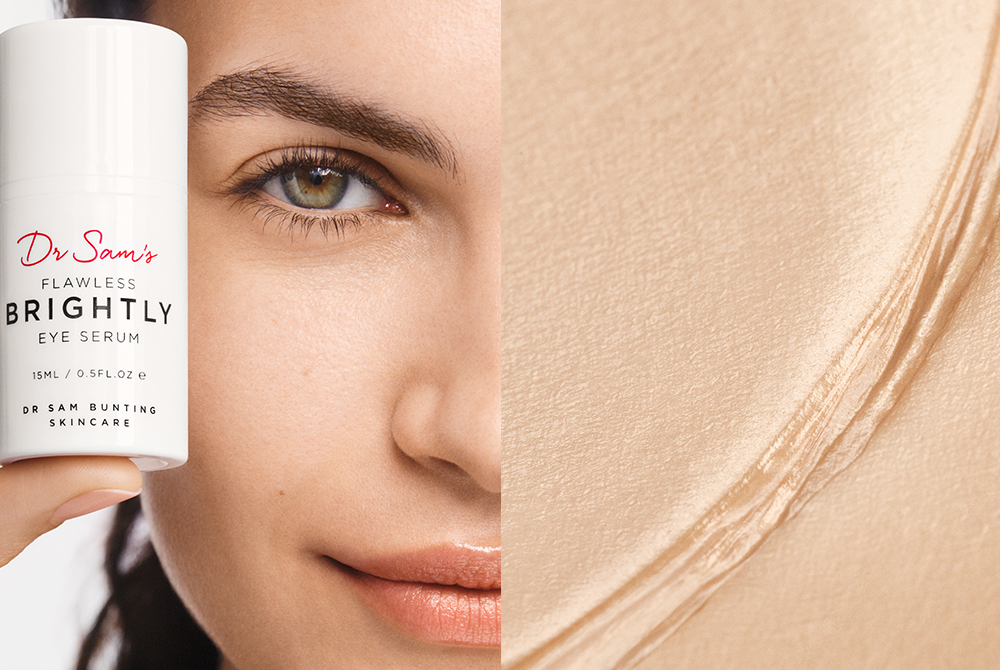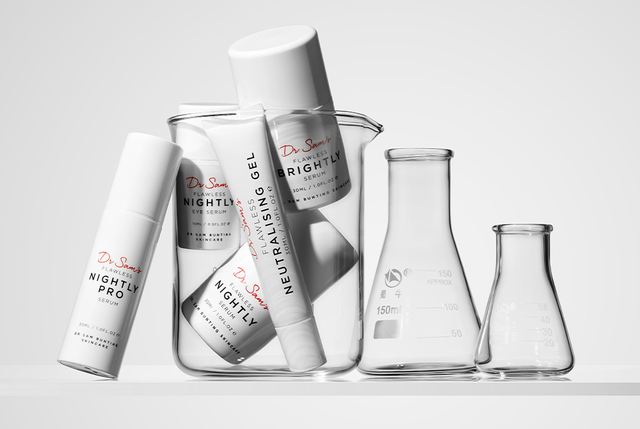After acne, pigmentation is the most popular topic on this channel and there’s so much that can be done to tackle it effectively - that’s the good news. BUT it’s also easy to fall prey to bad information and above all else I want to help you become the master of your own skin, and approach problems with the right solutions.
So today let's bust some of those major pigmentation myths!!!
“If I’m indoors, I don’t need sunscreen”
I saw this one busted with my very own eyes during the pandemic. Patients would zoom me from home and I’d get to see where they’d set up office. UVA rays come through glass so if you have windows or are in a car, you’re being exposed. This catches up with you day after day….remember those are the rays that not only trigger pigmentation but they also damage your elastin that snappy stuff that keeps you tight - so wear the damn SPF my friend!
“I need more exfoliation to eliminate my pigmentation”
Gosh, no. This reminds me of the tv show I presented when one of the cases who came on had been having microdermabrasion for pigmentation. It wasn’t working so the therapist stepped it up, it got worse ….and this went on. When she came on the show, she had dreadful melasma, far worse than when she started. Exfoliation can be a blunt tool - we can do better.
“Once it’s gone, it’s gone”
Alas, no. Many of us are born with skin that’s default is to pigment. This is especially true of those with Fitzpatrick 3-6 skin types. An acne blemish, for instance, will often leave a dark mark that hangs around for longer than the blemish in these skin-types. And if you have melasma, that’s a chronic condition that tends to linger for years, even decades. The moral of the story? You need a maintenance strategy.
“Hydroquinone is toxic”
When used in the correct situation and its prescribed, Hydroquinone is safe. Much of the concern around it stems from complications from whitening creams procured through unofficial sources, where its been found in concentrations far higher than 4%. This has resulted in some instances in cases of ochronosis, where paradoxical darkening is seen. What's vital here is to get a correct diagnosis from a clinician who can then prescribe it in a safe way.
“If I avoid the sun, I won’t get pigmentation”
Whilst UV and visible light (especially high energy blue light) are the most common triggers for pigmentation, other things can too. Firstly, hormones. Pregnancy, IVF, contraception, can all do it. Secondly, friction and fiddling. I can tell if someone fiddles with their skin just by looking at it. And of course, any inflammatory process can do so, where rosacea, acne or eczema. It’s important to note that UV rays will worsen the appearance of pigmentation triggered by these mechanisms so sunscreen is an important component of treatment.
“You need lasers if you want to get rid of it”
Hmmm. This very much depends on what you’re treating and what your skin-type is. And I’d argue there’s always a topical route to be tried. Melasma is a condition where I’d categorically say that lasers are not the way to go in the first instance - as I said its a chronic condition, and you’re always at risk of relapse so better and more sustainable to build a behavioral strategy with topicals and orals, as necessary that gives you that long-term control. I feel much the same way about post-acne pigmentation. Lasers can be helpful in the context of sun damage leading to solar lentigos or sun spots - but the skin will look better for an initial course of topicals (retinoids, antioxidants and pigment suppressors, like hydroquinone) - any residual stubborn pigment can then be tackled with lasers.
I love treating pigmentation. So satisfying and guaranteed to increase skin radiance and boost confidence. Which is what it's all about. Have you learnt something today, if you have let me know in the video comments. If you enjoyed this, then I think you’ll love this video debunking some of the biggest anti-ageing myths!

